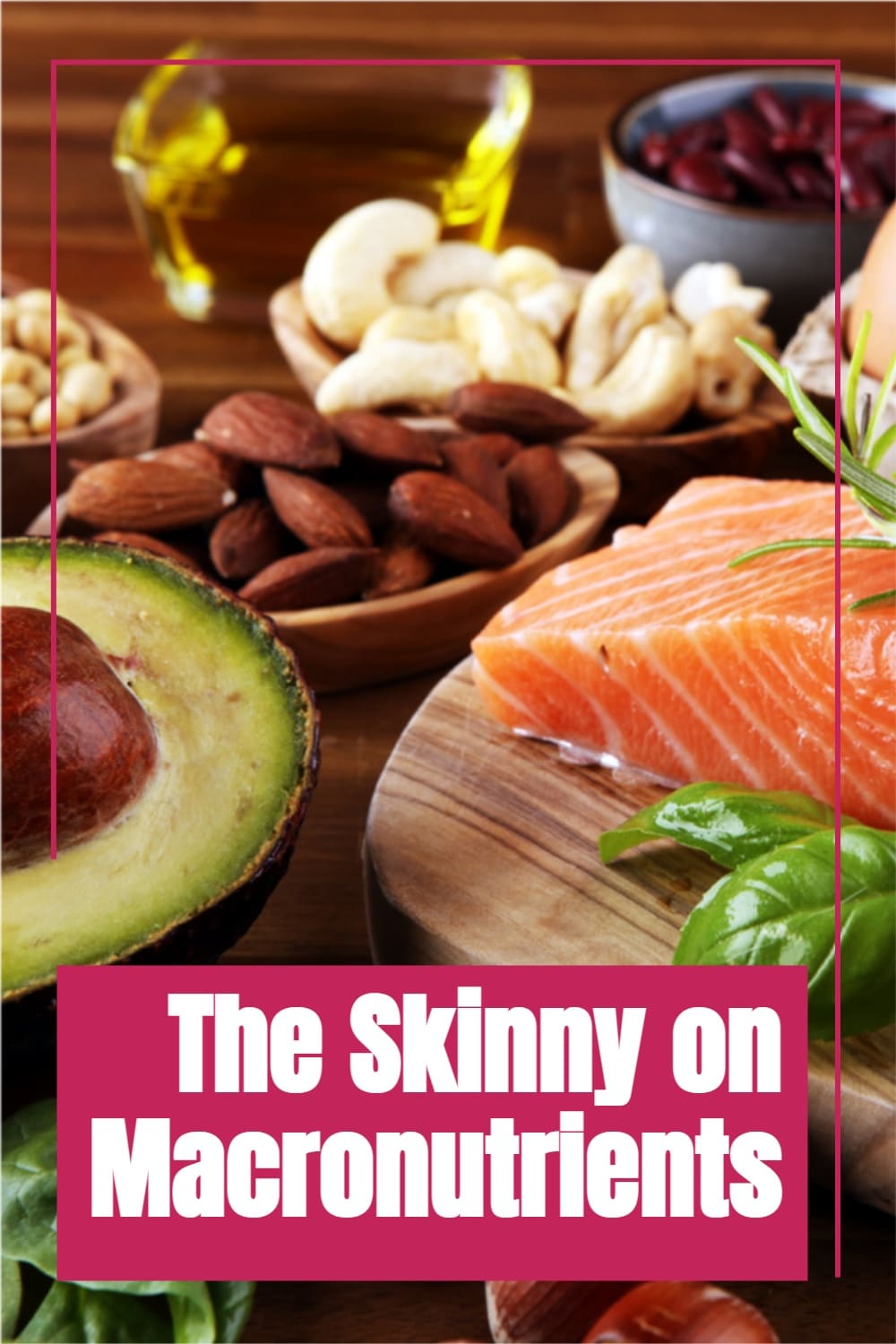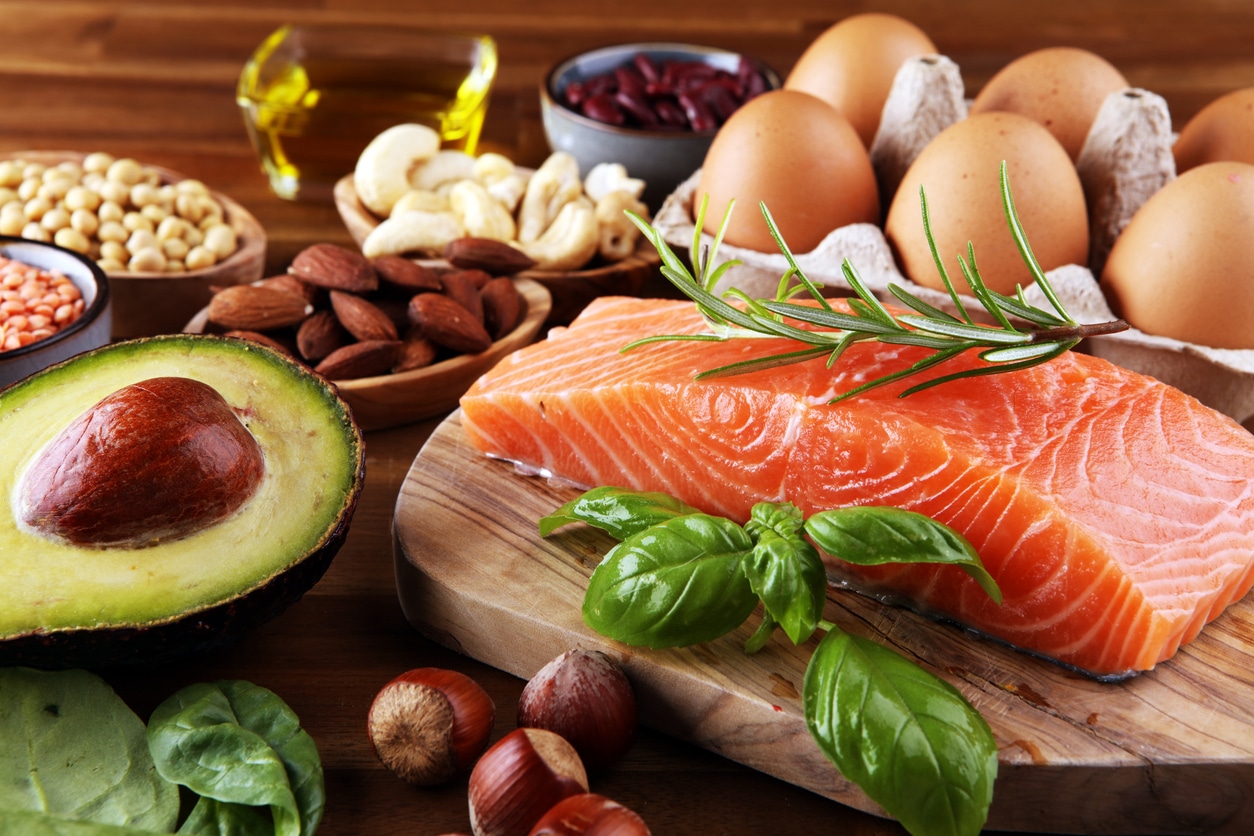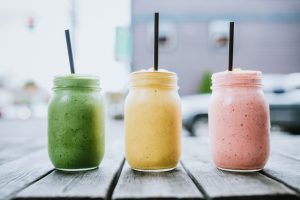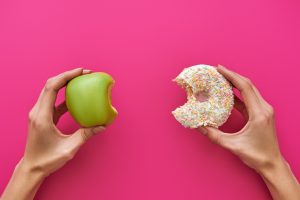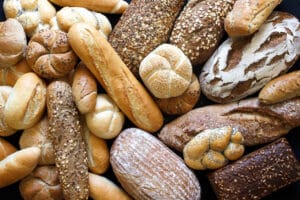Energy! It’s what we all crave more of these days! That’s because our brain, muscles, and every cell in our body require a sufficient source to function optimally. This leads us to ask what’s the best nutrient out there, and is it true that macronutrients are the key to staying skinny?
While it may be enticing to wrap our lips around a latte or sink our teeth into a sugar-laden doughnut for that quick rush, the most sustainable way to provide energy for the brain and body is with wholesome food. Our food is comprised of nutrients that can be divided into two categories: macronutrients and micronutrients. While both are critical for a healthy diet, let’s focus our attention on macronutrients, or ‘macros’ as they are frequently called.
The Macros
The three macronutrients are proteins, fats, and carbohydrates, all of which provide the body with energy through calories. We’ll explore each of them to help you figure out the ins and outs of a balanced diet.
Protein
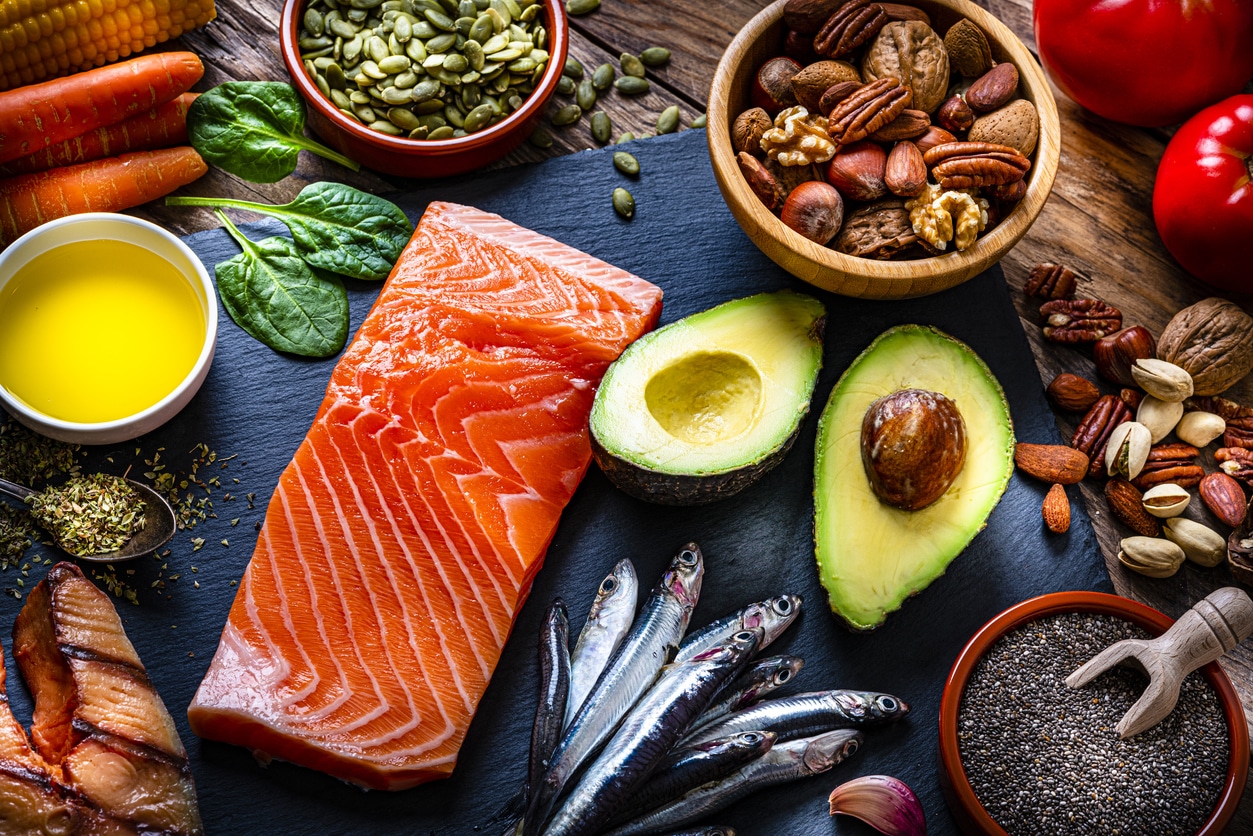
Let’s begin with protein, the body’s building blocks that are responsible for growth, maintenance, and repair. Most people are consuming much more protein than they need. According to Dr. Michael Greger, M.D., creator of nutritionfacts.org and author of How Not To Diet, adults require no more than 0.8 g to 0.9 g of protein per kg of body weight per day, comprising around 8 to 12% of daily caloric intake. However, as we age, we need more protein.
Fat
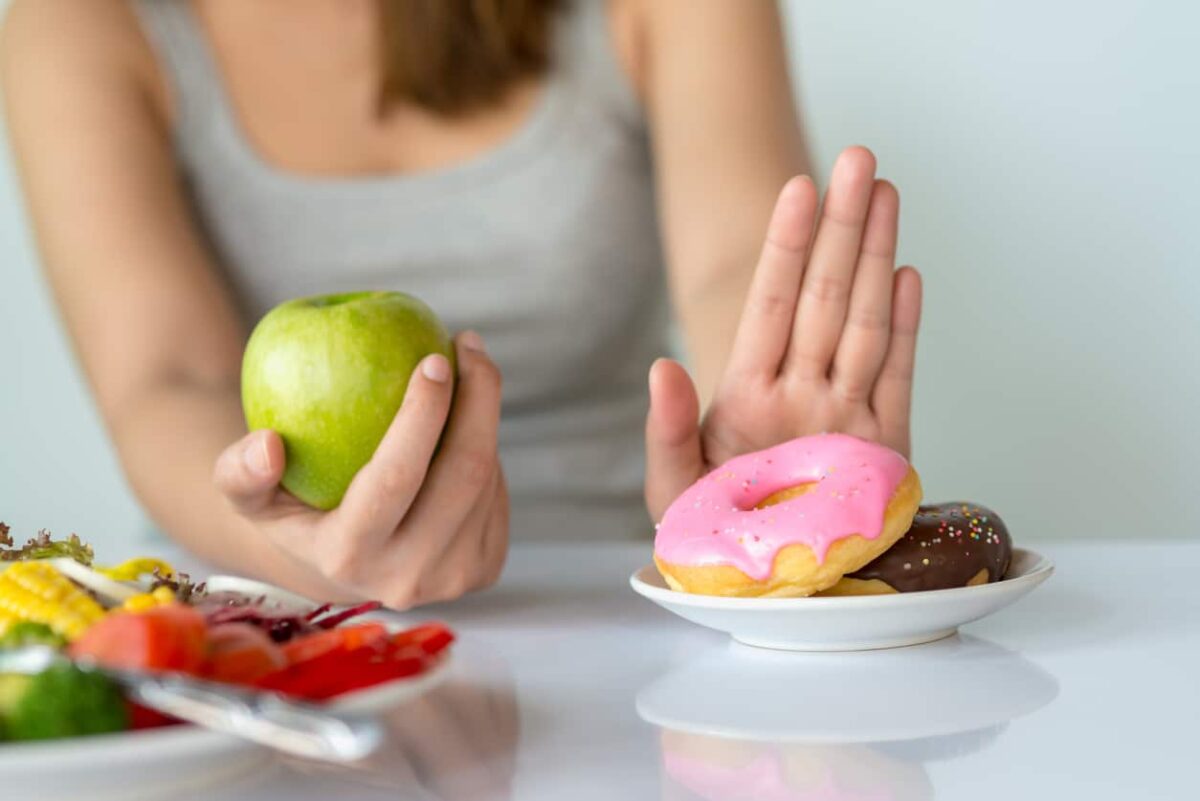
Let’s move on to fats. You might be tempted to say that fats provide the most energy because they are the most energy-dense of all the nutrients. They yield around nine calories per gram as opposed to only four calories per gram from proteins and carbohydrates. They do provide energy and are essential for helping the body absorb fat-soluble vitamins, such as vitamins A, D, E, and K. Dr. T Colin Campbell, the author of The China Study, recommends that fats (mostly unsaturated) comprise around 12-15% of our daily calories. As with protein, fats are not our primary energy source.
Carbohydrates
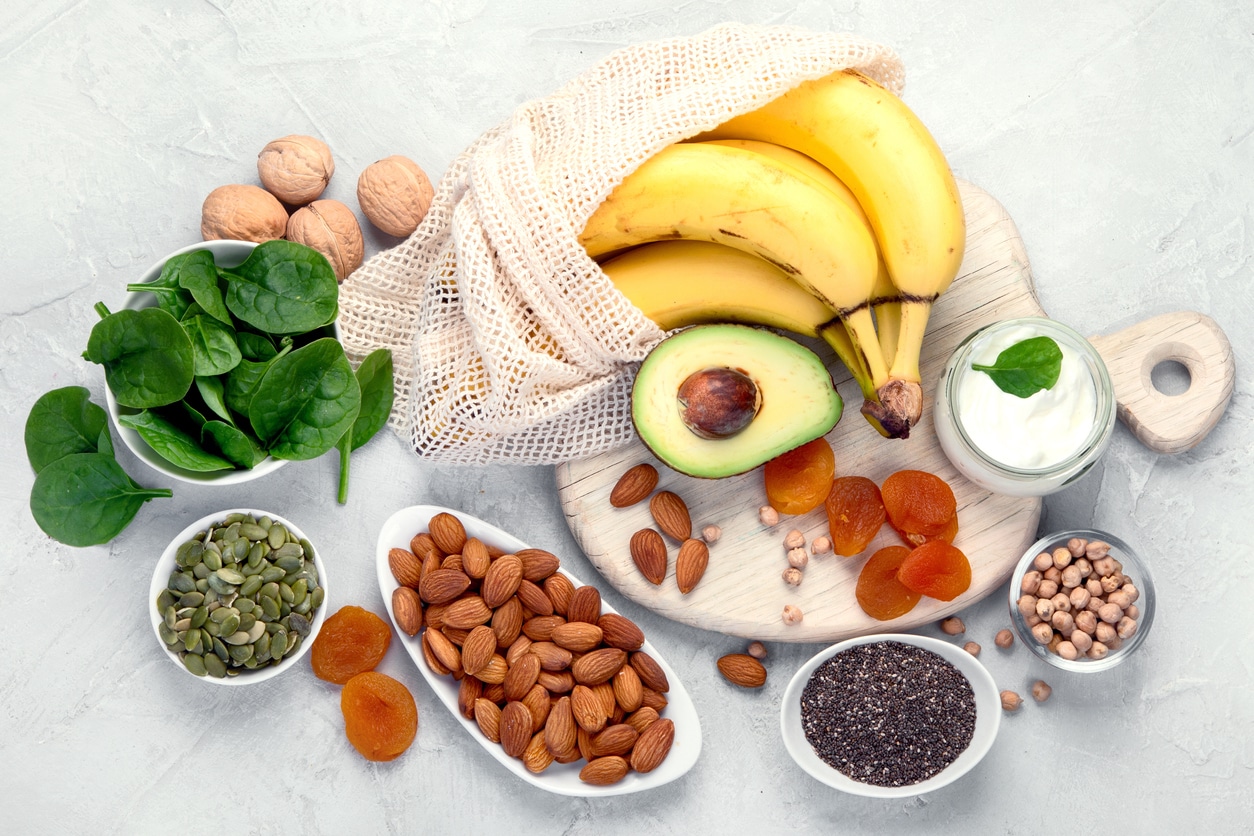
That brings us to perhaps the most hotly debated macronutrient and the one that’s gotten a bad rap, especially in the world of weight loss. It’s carbohydrates, the body’s primary energy source, and the quickest form of energy! They shouldn’t be confused with the fast-acting or c.r.a.p. (calorie-rich and processed) carbohydrates that cause many people to grimace at the mere mention of the word ‘carbs.’
I’m referring to slow-acting, healthy carbohydrates that originate from wholesome sources, like fruits, vegetables, tubers, intact whole grains, and legumes. These carbohydrates digest slowly, take longer for the body to break down, and stabilize blood sugar by gradually raising it. This helps keep us full for longer and is beneficial in weight loss.
The slow release of sugars from these complex carbohydrates prevents insulin spikes and energy crashes, leading to fatigue that occurs from eating fast-absorbing carbs. Fast carbs include heavily processed foods like cakes, cookies, candy bars, muffins, bagels, and bread. Dr. Campbell and other prominent leaders in the plant-based movement recommend a range of 65% to as much as 80% of calories coming from carbohydrates!
So don’t give up your nutrient powerhouse beans, intact whole grains, and satiating potatoes; it’s high time we stop villainizing carbs and embrace them instead! We depend on slow carbs to supply our brains and muscles with healthy fuel that optimizes physical and cognitive function.
And for all you fitness enthusiasts, here’s a heads up. A diet low in carbohydrates can lead to fatigue, lack of energy, and delayed recovery from your training. That’s your green light to load up on your favorite healthy carbs with a clean conscience! Here, we explore healthy carbs we should be eating to rev up our engines!
5 Healthy Carbohydrate Categories:
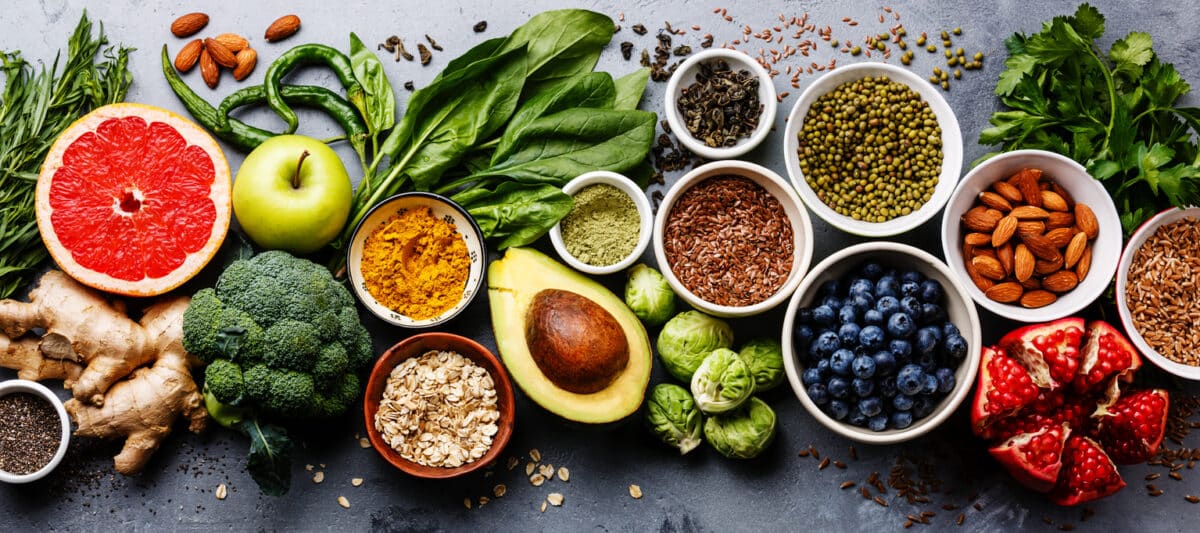
- Non-starchy vegetables: Asparagus, beets, broccoli, sprouts, carrots, cucumbers, kale, mushrooms, onions, tomatoes
- Fruits: Apples, bananas, berries, cherries, kiwis, mangoes, oranges, papaya, pomegranate seeds
- Intact whole grains: Amaranth, barley, buckwheat, bulgur, couscous, millet, oats, quinoa, rice, rye
- Legumes: Beans of all varieties, bean or lentil pasta, chickpeas, edamame, lentils, split peas, tempeh, tofu
- Starchy vegetables: Corn, potatoes of all colors, sweet potatoes, pumpkin, winter squash
Carbs are not the enemy. They are the answer to unleashed and sustainable energy! It’s the heavily processed ones that you’ll want to minimize or avoid.
The more wholesome and less refined your carbohydrate choices are, the more energetic you will become. Healthy carbs will help fuel your daily activities and power you through your workouts!
If you’re worried about being hungry while intermittent fasting, try our program for 5-day ProLon fasting with food, or you can use FastBar to avoid temptation and help you find success!

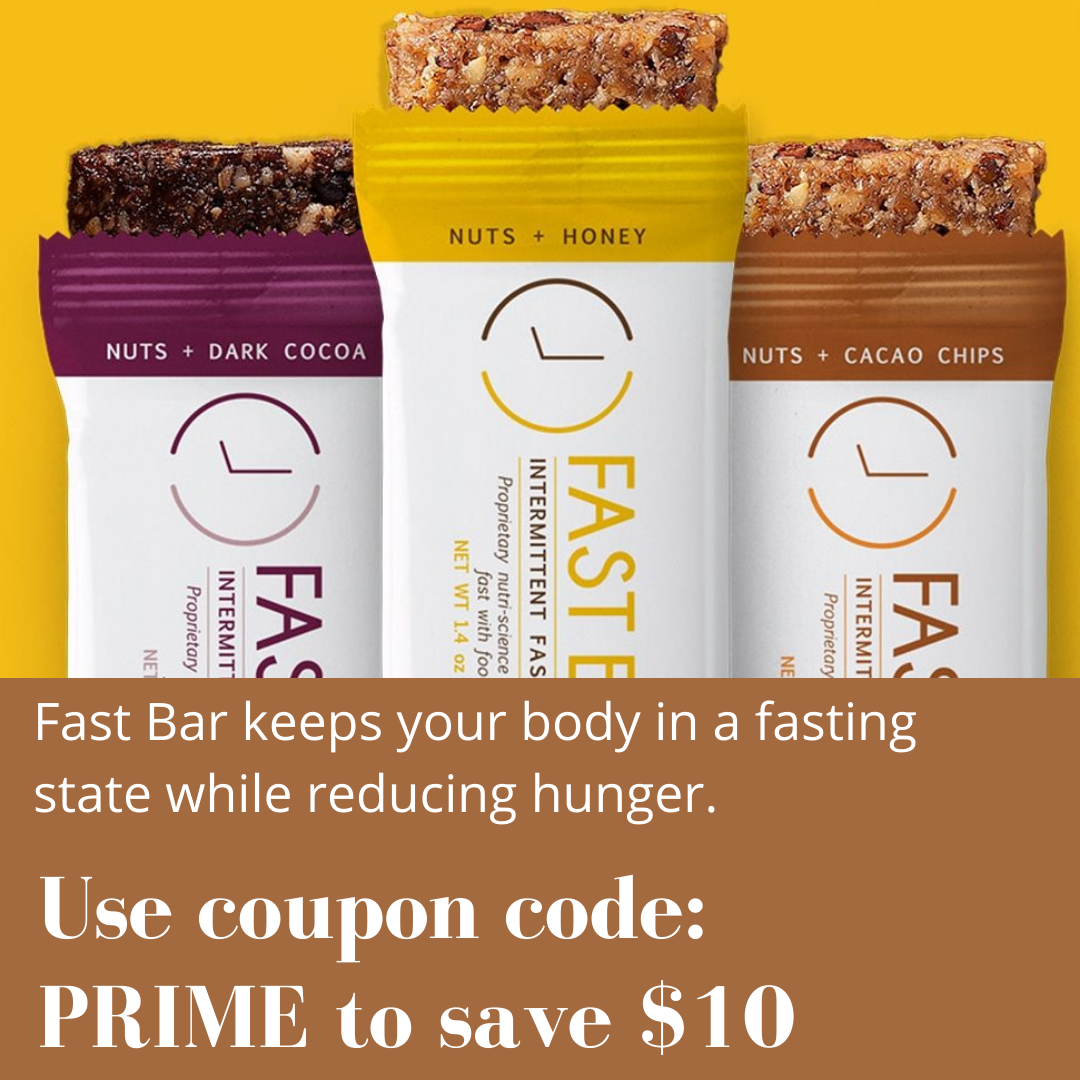
This article is for informational purposes only, is not intended to diagnose, treat, cure, or prevent any disease, and is not a substitute for medical advice.
Want more on nutrition? Check out Leslie Stein on IG @lesliestein.lifestyle and X (formerly Twitter) @absforeverfit
Read Next:
How To Stop The Diet Dating Game For Good
Why You Need to Change Your Exercise and Diet Plan after 50
